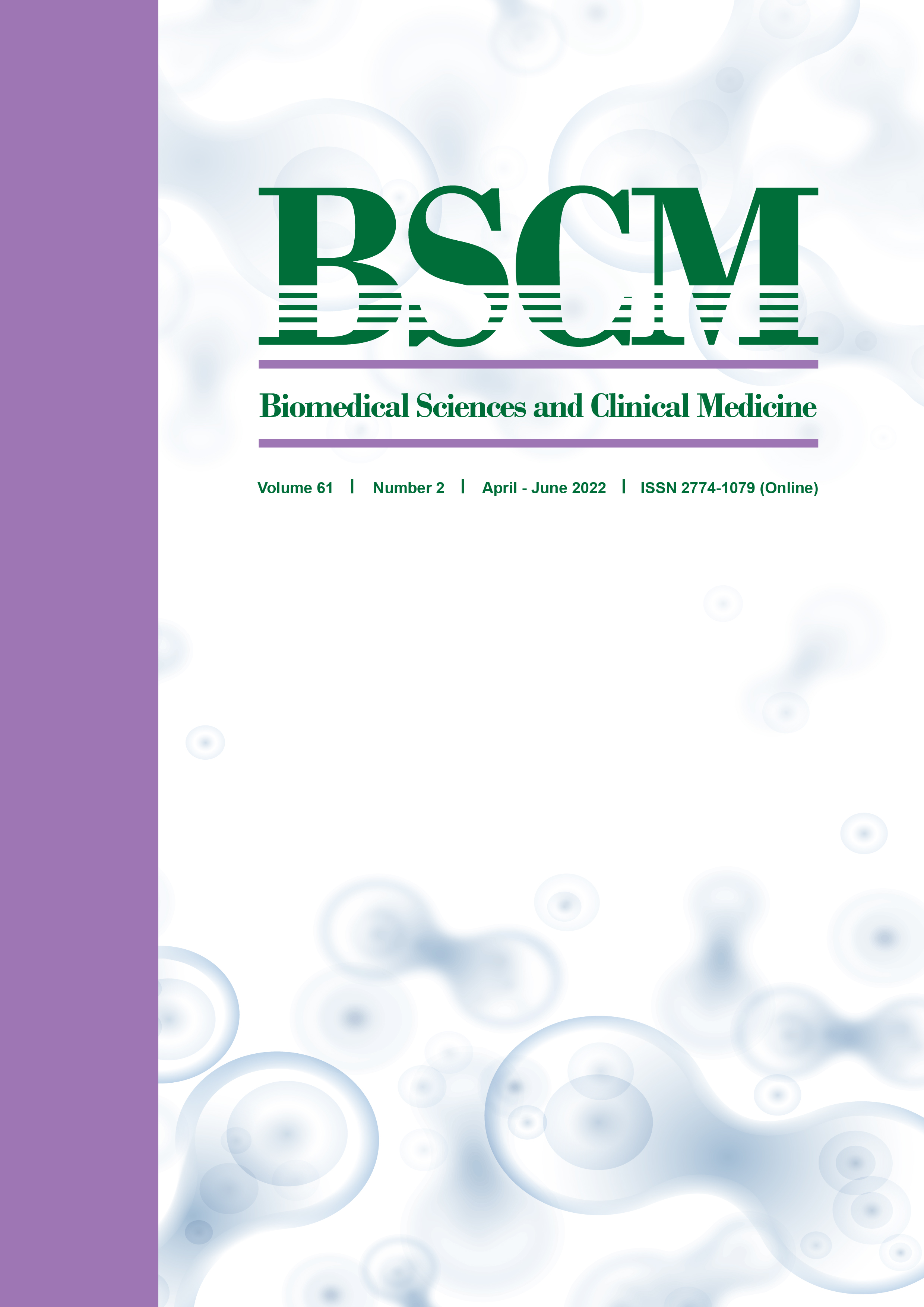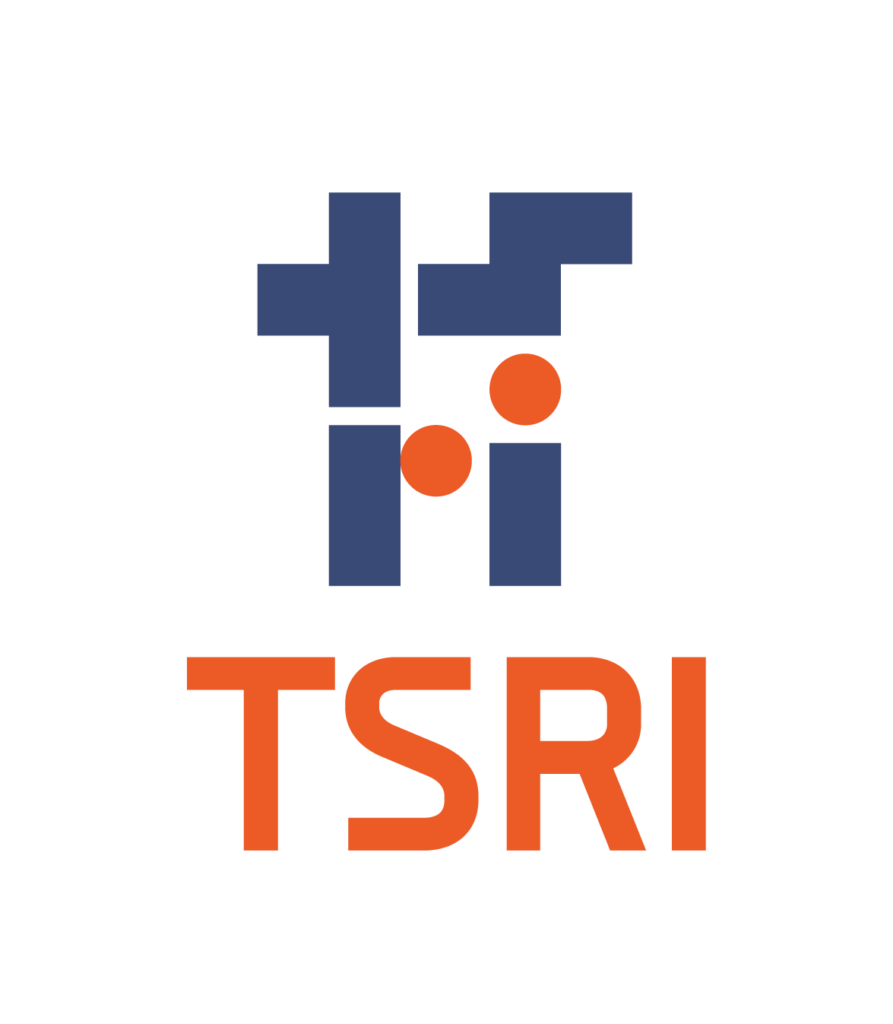High-dose Proton Pump Inhibitor Versus Standard-dose Proton Pump Inhibitor in PPI-based Triple Therapy for Helicobacter pylori Eradication in Lampang Hospital: A randomized Controlled Trial
Keywords:
High-dose PPI based triple therapy, Helicobacter pylori eradication, Lampang HospitalAbstract
OBJECTIVE The study aimed to compare the eradication rates with high-dose proton pump inhibitor (PPI) and standard-dose PPI in PPI-based triple therapy as first-line treatment for H. pylori eradication.
METHODS This prospective, open label, randomized controlled trial. A total of 150 patients infected with H. pylori diagnosed by rapid urease test were randomly assigned to one of 2 groups. The first group was treated with standard dose PPI-based triple therapy (omeprazole 20 mg bid, amoxicillin 1000 mg bid, and clarithromycin 500 mg bid) for 14 days and the second with high dose PPI-based triple therapy (omeprazole 40 mg bid, amoxicillin 1,000 mg bid, and clarithromycin 500 mg bid) also for 14 days. H. pylori eradication was evaluated using a urea breath test. Patient compliance and side effects were also recorded.
RESULTS In all, 75 patients were assigned each group. The H. pylori eradication rate in the high-dose PPI based triple therapy group was 92% by intention-to-treat (ITT) analysis and 93.05% by per-protocol (PP) analysis, compared with the standard-dose PPI based triple therapy group values of 84% and 85.92% (p < 0.001 and 0.032), respectively. Side effects were mild in both groups with no significant differences between groups.
CONCLUSIONS High-dose PPI based triple therapy provides a higher eradication rate of H. pylori infection than standard-dose PPI based triple therapy for first-line treatment with no difference in side effects.
References
Komoto K, Haruma K, Kamada T, Tanaka S, Yoshi-hara M, Sumii K, et al. Helicobacter pylori infection and gastric neoplasia. Am J Gastroenterol. 1998; 93:1271-6.
Everhart JE. Recent developments in the epide-miology of Helicobacter pylori. Gastroenterol Clin North Am. 2000;29:559-79. 3. Mahachai V, Vilaichone RK. Current Status of Hel-icobacter pylori Infection in Thailand. Helicobacter Research. 2011; 15: 38-44.
Pittayanon R, Vilaichone RK, Mahachai V, Goh KL. Influences of Duration of Treatment, CYP2C19 Genotyping, Interleukin-1 Polymorphisms and Antibiotic Resistant Strains in Helicobacter py-lori Eradication Rates. Gastroenterology. 2015;148 (Suppl 1): S598-9 .
Sirimontaporn N, Thong-Ngam D, Tumwasorn S, Mahachai V.Ten-day sequential therapy of Heli-cobacter pylori infection in Thailand. Am J Gastro-entrol. 2010;105:1071-5.
Varocha M, Sirimontaporn N, Thong-Ngam D, Thong-Ngam D, Vilaichone R. Sequential therapy in clarithromycin-sensitive and resistant Helico-bacter pylori based on polymerase chain reaction molecular test. J Gastroenterol Hepatol. 2011;26: 825-8.
Kongchayanun C, Vilaichone R, Pornthisarn B, Amornsawadwattana S, Mahachai V.Pilot studies to identify the optimum duration of concomitant Helicobacter pylori eradication therapy in Thailand. Helicobacter. 2012;17:282-5.
Ang TL, Fock KM, Song M, Ang D, Kwek DBE, Ong J, et al.Ten-day triple therapy versus sequential therapy versus concomitant therapy as first-line treatment for Helicobacter pylori infection. J Gas-troenterol Hepatol. 2015;30:1134-9.
Yoon H, Lee DH, Kim N, Park YS, Shin CM, Kang KK, et al.Meta-analysis:is sequential therapy su-perior to standard triple therapy for Helicobacter pylori infection in Asian adults? J Gastroenterol Hepatol. 2013;28:1801-9.
Chunlertlith K, Limpapanasit U, Mairiang P, Van-naprasaht S, Tassaneeyakul W, Sangchan A, et al, et al. Outcomes of a randomized controlled trial comparing modified high dose omeprazole and amoxicillin triple therapy with standard triple therapy for Helicobacter pylori eradication. Asian Pac J Cancer Prev. 2017;18:927-32.
Keshavarz AA, Bashiri H, Rahbar M. Omeprazole- based triple therapy with low-versus high-dose of clarithromycin plus amoxicillin for Hpylori eradi-cation in Iranian population. World J Gastroenterol. 2007;13:930-3.
Sugimoto M, Furuta T, Shirai N, Kodaira C, Nishi-no M, Ikuma M, et al. Evidence that the degree and duration of acid suppression are related to Helico-bacter pylori eradication by triple therapy. Helico-bacter. 2007;12:317-23.
Marcus E, Inatomi N, Nagami G, Sachs G, Scott DR. The effects of varying acidity on Helicobacter pylorigrowth and the bactericidal efficacy of ampicillin. Aliment Pharmacol Ther. 2012;36:972-79.
Zhu YJ, Zhang Y, Wang TY, Zhao JT, Zhao Z, Zhu JR, et al. High dose PPI-amoxycillin dual therapy for the treatment of Helicobacter pylori infection: a systematic review with meta-analysis. Ther Adv Gastroenterol. 2020;13:1-12.
Rojsanga W , Chanpiwat K , Bunchorntavakul C. 7-day high-dose proton pump inhibitor versus 10-day standard concomitant therapy for Helico-bacter pylori eradication in Thai patients: A ran-domized controlled trial. J Med Assoc Thai. 2019; 102:12.











